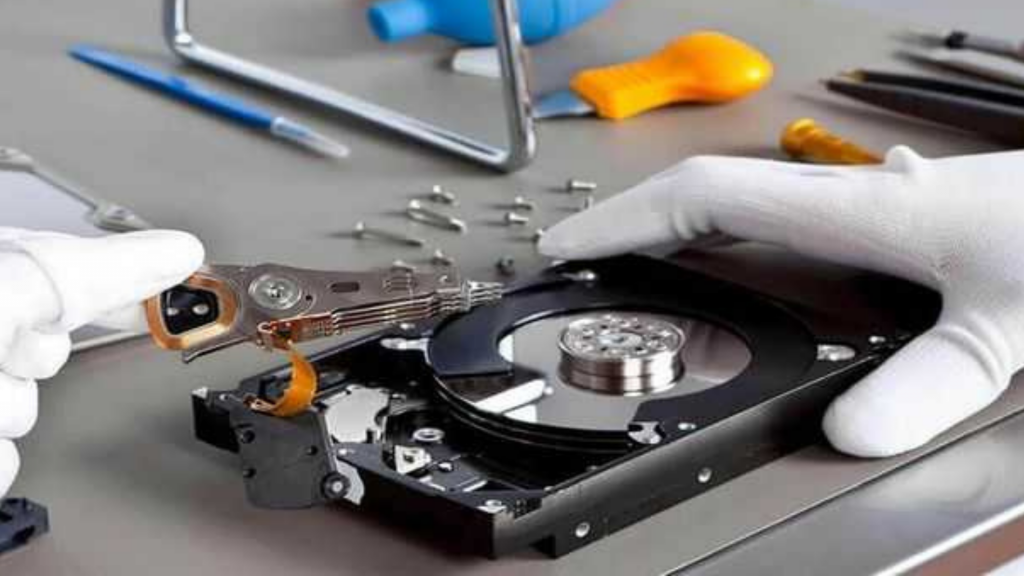In the digital era, where people are becoming more and more dependent on digital media and storage, no one can afford to lose the data. Data corruption can create panic and sometimes forces the user to make a bad decision. In any system, a hard drive acts as the main storage device. But the life of a hard drive is not more than 7 years. There could be several reasons behind the hard drive failure, whereas on the other side there are various ways to recover the data. In case, your hard drive got corrupted, you should know the do’s and don’ts of hard disk recovery if you really want to protect the data. Following these steps will make the data recovery process easy and can prevent any further damage to the hard drive.
Things you should do :
Do not try to open the outer shell of the hard disk
A single dust particle is harmful to hard disks, hence, they are manufactured and sealed in clean labs. Opening the outer compartment of the hard drive at home might be risky as dust particles could settle on its surface leading to the contamination of the magnetic media. It needs an expert to open the metal shell and that too in a clean and controlled environment.
If you try to follow the DIY hard drive recovery steps, you might harm the disk accidentally. It requires too much professional experience and expertise in data recovery. There’s nothing you can do if you are not sufficiently trained or have any experience of hard disk recovery.
Do not put the hard drive in the freezer
An old trick that says put the damaged hard drive in a thick plastic bag and place it in the freezer for some time to recover the data. But you should not follow that. Placing the hard drive in the freezer could never help you get your data back instead make the situation worse. The water particles, by sitting on the drive, may cause more damage to the hard drive reader.
Do not allow Windows to scan the disk automatically for discrepancies and errors at startup
The automatic scan completely disarranges the structure of the faulty or damaged hard drive’s data container, hence, it’s not advisable. If the hard disk is already damaged physically, possible further damage to the read/write heads of the hard drive can be caused by the automatic scan. In case, the scan automatically starts as you turn on the computer, shut it down and take out the hard drive if possible.
Things you shouldn’t do :
Find out the problem
You need to find out whether it’s a physical or a logical failure. For this, check if the computer reboots automatically. Also observe if there’s any sound of grinding, whirring or clicking noise as if your computer is working much harder than it normally does. It shows physical damage. If the drive seems to be fine from the outside, there’s possibly a software issue or say logical failure.
Recall/check if there are any compatibility issues
Any change in system hardware configuration, software mix or peripherals, may lead to compatibility problems. It might create unexpected problems that have serious impacts on the hard drive.
Check for Malware or virus
It could be a virus or malware that has affected the storage drive. Quick precautionary action is to install the antivirus software on your computer.
Knowing these Do’s and Don’ts of data recovery will help you to save from losing those important documents and files saved on the hard disk. You should seek help from professionals. Digital Hospital serves in Singapore with hard disk recovery services. You can reach us when your storage disk needs a repair or recovery.
